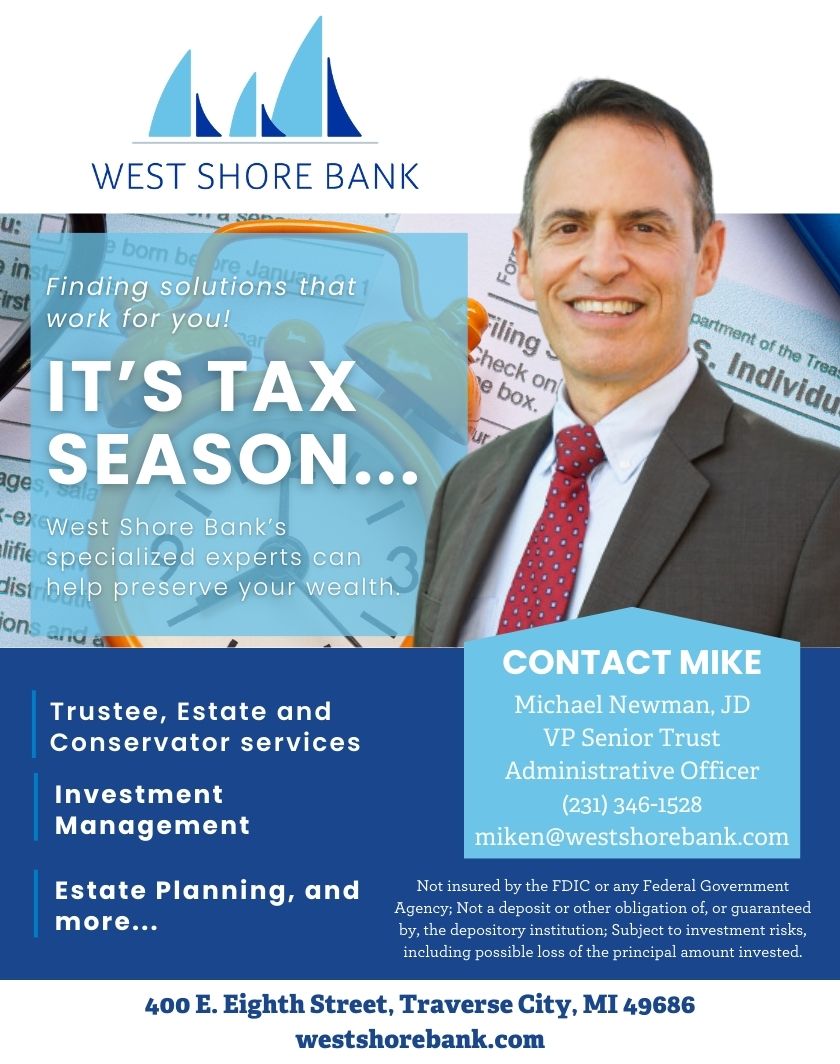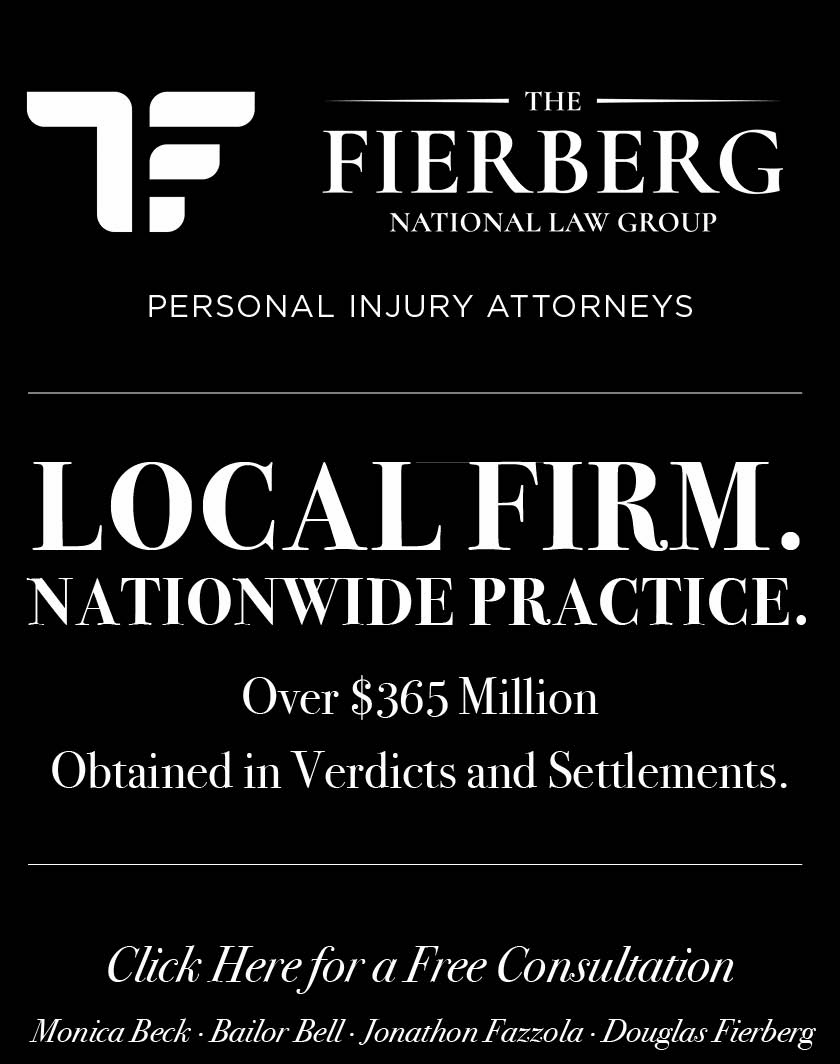Festival Fatigue Under Traverse City Microscope
Sept. 23, 2013
Traverse City commissioners will debate a delicate tipping point tonight when they consider a possible tightening of guidelines for events and festivals on the city's waterfront. The commission will conduct a study session to review the city's events and park use policy after a crowded festival season provoked complaints from local residents.
Though the commission already overhauled the city's event policy once in the past year, officials are hoping to refine the guidelines further to eliminate recurring concerns. While it's unlikely action will be taken on any proposed changes tonight, commissioners will gather feedback from constituents, event promoters and city police to determine which aspects of the policy – if any – require revision.
City staff have compiled a series of recommended “substantive changes” to the event policy for commissioners to consider at the meeting, in addition to suggestions put forth by the public. Here's a look at the complaints most likely to arise – and how commissioners might address them.
Too Many Events
Commissioners attempted to resolve so-called “festival fatigue” in their first policy go-round by creating categories of low-impact and high-impact events and limiting the number of the latter permitted in city parks. Currently, high-impact events – those that have significant infrastructure, a commercial or for-profit nature, alcohol sales and/or a duration of three or more days – are limited to two per park per month.
City staff are recommending this policy be refined for Clinch Park and the Open Space during summer months, allowing – in addition to the National Cherry Festival and Traverse City Film Festival – just one high-impact event in those spaces in June, none in July and one in August. This would eliminate two possible event weekends from the summer docket downtown. Porterhouse Productions, which produces Paella in the Park and the Great Wakes Festival, already has a hold on one weekend in August 2014 for its events.
Some residents have also suggested banning Open Space events during summer holiday weekends, including Memorial Day, the Fourth of July and Labor Day. Commissioners could also consider raising permit fees and park usage charges, particularly for highly desirable locations like the Open Space, to offset impact and potentially reduce the number of interested renters.
Too Much Trash
Trash management emerged as a major challenge for the city this summer as the increased number of events – as well as record numbers of tourists – resulted in overflowing garbage bins, litter on the beaches and messy public bathrooms. While festival organizers are already responsible for trash maintenance within event grounds, city staff plan to recommend they also become responsible for trash “associated with their event” – even if that trash ends up off-site, such as in the downtown district.
“If the event holder wasn't removing trash to an acceptable level, the city would remove it and charge that cost to the event holder,” explains City Clerk Benjamin Marentette. “If this approach is adopted, city staff will discuss with each event holder...what the city's expectations are and how to move forward.”
Too Noisy
Perhaps the greatest number of complaints related to festivals in Traverse City have concerned noise pollution, as was the case with the recent Bayside Festival in the Open Space over Labor Day weekend, when residents reported hearing the event as far as 12 miles away at Bowers Harbor. Officer Scott Maxson of the Traverse City Police Department said that sound testing proved that Bayside and other high-profile festivals downtown this summer were all “within allowable limits,” raising the issue of whether the limits themselves will need to be evaluated.
In comments this month to the Central Neighborhood Association, which is studying the noise debate, Maxson explained the current policy thusly: “I get the feeling that people think if they can hear (noise) at all, that it's a violation. Most noise ordinances, including ours, as a rule of thumb are written to protect a conversation between two people approximately three feet away from each other. If either person had to raise their voice to carry on that conversation, then it would most likely be a violation."
In a memo to commissioners, Maxson outlined a number of options the city could consider to finesse its noise policy, including measuring frequencies utilizing different sound scales and/or equipment. The city could also vote to employ a subjective versus objective approach to the current “plainly audible” policy, which would allow noise control officers to make decisions about sound intrusion regardless of equipment readings.







